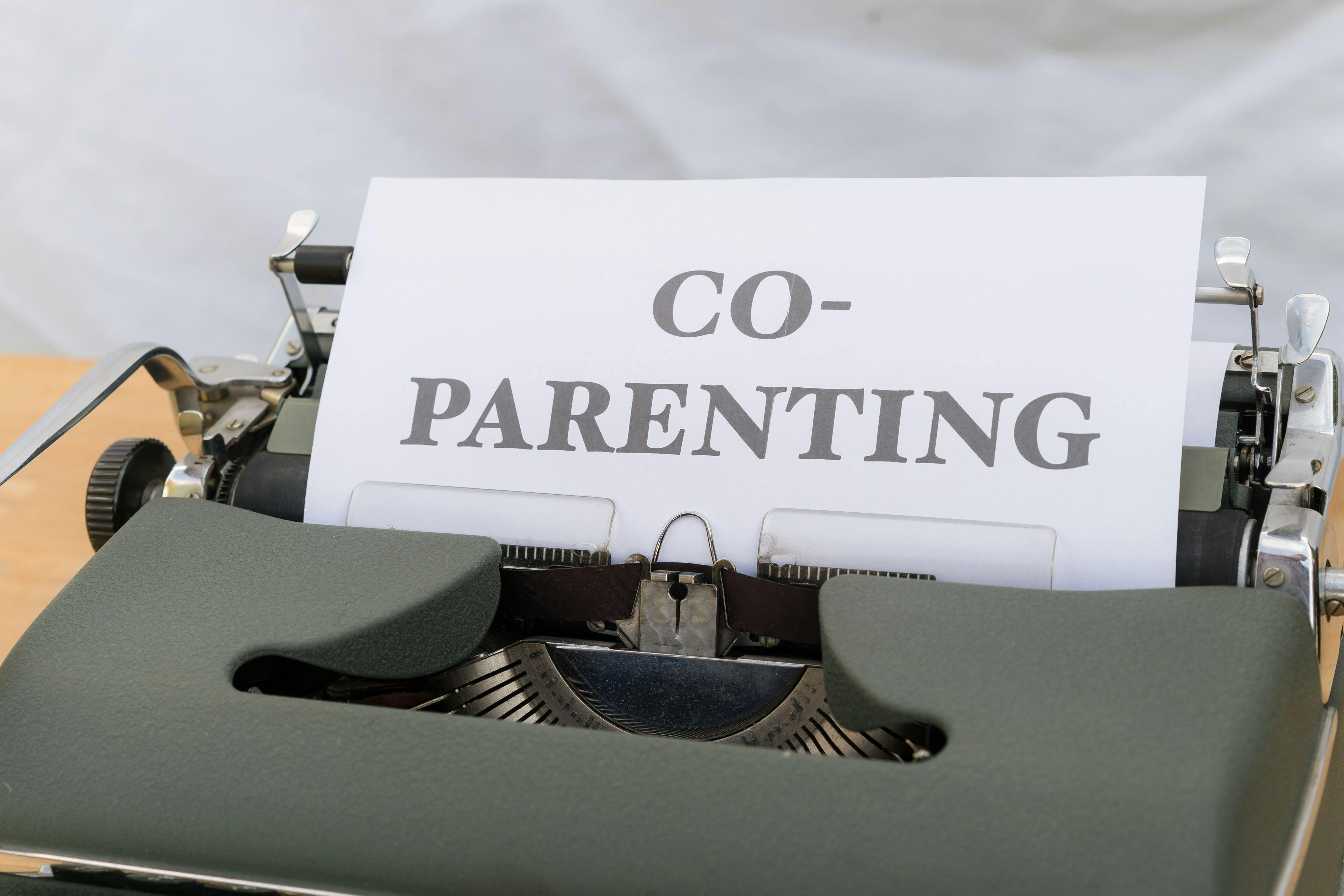Parenting/ Co-Parenting Coaching

Do you feel overwhelmed and find yourself struggling with parenting your child, despite your best efforts?
Parenting can often feel like an uphill battle, and if you’re struggling, it’s important to know you’re not alone. Many parents experience a range of emotional challenges, financial pressures, and physical demands that come with raising a child. The responsibilities of parenting can consume your time and energy, often leaving little room for personal relationships, including that with your partner. As you navigate work commitments, household tasks, and childcare, it’s common to feel overwhelmed, struggling with self-care while facing the relentless pressure of expectations.
The abundance of parenting advice available today can further complicate the journey. With countless books, articles, and online resources at your disposal, finding the right guidance can be daunting, especially when you’re already battling fatigue or dealing with personal triggers. If unresolved family issues are also at play, it can become even more challenging to be emotionally available for your child.
Moreover, if you are parenting a child with behavioral challenges, such as physical or mental disabilities, or chronic health conditions, the stress levels can skyrocket. You might feel like you’re in a continual state of crisis management. Parents of multiple children can feel particularly stretched, often grappling with feelings of guilt when they aren’t able to provide equal attention and resources to each child’s unique needs.
It’s vital to acknowledge that the feeling of inadequacy you may be experiencing is shared by many. Numerous families face similar hurdles, and it’s perfectly normal to seek help and support. There are well-researched, evidence-based strategies that can aid in this journey, equipping you with the tools to manage stress and improve your family dynamics. By utilizing these resources, you can enhance your well-being and create a nurturing environment that fosters growth and resilience for both you and your children. Remember, taking the time to care for yourself is not just beneficial for you; it also allows you to be more present and engaged with your child. You are doing your best, and with the right support, you can navigate this challenging yet rewarding journey of parenthood.
How can coaching help?

Parents play a crucial role in shaping their children’s lives, serving as essential guides through various challenges. Navigating these difficulties can sometimes feel daunting, which is where counseling can be beneficial. Counselors can provide valuable support to help parents prepare for the complexities of raising children, ensuring they remain the strong pillars their children require.
It is common for parents to prioritize their child’s needs, often neglecting their own emotional well-being. The stresses associated with parenting can lead to feelings of irritability, anger, and even depression. Recognizing and addressing personal feelings is vital, as it allows parents to be more present and supportive when their children need them most.
By developing emotional awareness and effective strategies for managing their own emotions, parents can acquire skills that enhance their understanding of both themselves and their children. This approach can ease the parenting journey, making it more fulfilling and fostering cherished family moments. Additionally, implementing effective communication techniques tailored to a child’s developmental stage can significantly strengthen the parent-child relationship.
Regardless of the challenges or diagnoses that may occur, the journey of parenting begins with aligning with each parent’s unique values and parenting style. By grounding themselves in these principles, parents can create a structured plan for their family, equipping themselves with the necessary skills to foster a positive and lasting impact on their family dynamics.
What is Co-Parenting Coaching?

Can You Have a Positive Co-Parenting Experience?
es, it is absolutely possible to cultivate a successful co-parenting relationship, even amidst disagreements and differences in parenting styles. Effective co-parenting hinges on a careful balance of compromise and mutual understanding, recognizing that varied perspectives will always be a part of the dynamic. As parents, the primary focus should remain on creating a nurturing and supportive environment for your children. This goal can be achieved through ongoing patience, clear communication, and strategic planning, which can evolve over time as circumstances change.
Investing effort in co-parenting not only benefits the parents but also fosters a balanced upbringing for the children. Children thrive in environments where they feel the unwavering commitment of both parents, and they often develop a deeper appreciation for that effort as they mature. They learn important values such as respect, empathy, and the importance of collaboration, which can positively influence their own relationships in the future.
In a therapeutic setting, individuals have the opportunity to explore and process the intricate complexities associated with co-parenting. Each family situation is unique, and therefore, a one-size-fits-all approach is ineffective. Specialized counseling can provide tailored strategies for enhancing communication, resolving conflicts, managing logistical challenges, and prioritizing parental responsibilities. Additionally, therapy addresses the emotional landscape surrounding co-parenting transitions, helping parents navigate feelings of grief, anger, or frustration that may arise.
Counseling serves as a dedicated space to air concerns, share experiences, and develop personalized parenting strategies that work best for the family’s specific needs. By engaging in this process, parents can learn techniques to communicate more effectively, negotiate challenges amicably, and prioritize their children’s well-being, all of which can lead to a more harmonious co-parenting experience.
What to Expect from Co-Parenting Counseling

Many individuals have successfully enhanced their communication skills with their ex-partners regarding parenting decisions, adherence to parenting plans, and minimizing legal disputes. While legal advice is not provided, counseling can equip parents with the necessary tools to navigate the post-divorce landscape, fostering a nurturing environment for their children despite the emotional turmoil.
One primary objective of co-parenting is to ensure that children do not find themselves caught in the middle of conflicts between parents, which can be emotionally damaging. In some cases, post-divorce relationships can devolve into hostile interactions, and sensitive information can be inappropriately shared with children, leading to feelings of confusion and anxiety. Research indicates that the most distressing aspect for children is not necessarily the divorce itself but the ongoing antagonism between parents. Learning how to mitigate this tension creates a more stable environment for children. Co-parenting counseling can provide the necessary support to navigate these complex emotions.
The overarching aim of co-parenting counseling is to equip parents with the skills needed to foster a cooperative relationship with their ex, allowing for effective parenting. This type of support is distinct from marriage therapy, focusing instead on parenting dynamics. While some may attend counseling sessions with their ex, many find it beneficial to participate individually, addressing their own feelings and strategies.
Jennifer French specializes in co-parenting counseling and works collaboratively with clients to achieve goals such as:
- *Improving communication with ex-partners
- *Identifying and managing triggers related to parenting
- *Addressing and diffusing conflict and manipulation
- *Building self-confidence as a parent
- *Adhering to and agreeing on parenting plans
- *Establishing healthy boundaries with ex-spouses
- *Protecting children from conflicts between parents
- *Understanding and supporting children’s emotional needs post-divorce
- *Creating a nurturing environment for children
- *Developing strategies for managing challenging or narcissistic ex-partners, where applicable
This therapeutic approach seeks to enhance not just the well-being of the children but also the emotional peace of mind of the parents involved, fostering a healthier co-parenting dynamic.
You Can Cultivate Harmony
Parenting is hard and families are complicated. Regardless of what you’re experiencing right now, it is possible to cultivate increased peace and harmony within your family. If you’re seeking highly skilled, compassionate, and practical Parenting/co-parenting coaching in Myrtle Beach, SC, or the surrounding area, we can help. We invite you to contact us at (303) 606-6818 to schedule an initial call. We are happy to discuss your situation, needs, and goals and how we can best support you and your family.
